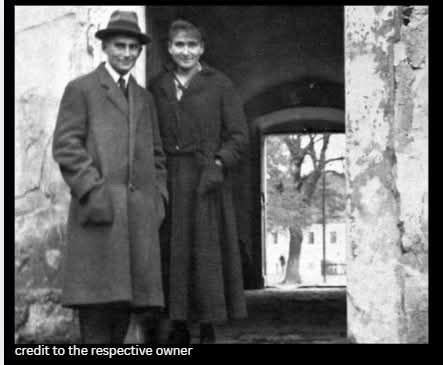On October 7, 1943, inside Auschwitz, a quiet act of defiance took place—one small in scale but immense in meaning.
Ottla Kafka, the youngest sister of writer Franz Kafka, faced a different fate than those in Terezín. She was not meant to die that day. Her work detail might have spared her life, at least for a while longer. But when she saw a group of children being prepared for transport, she made an unexpected choice. She volunteered to go with them.
No one ordered her to do this. She knew exactly where the path would lead. Yet Ottla believed that in their final hours, the children should not face terror alone. If she couldn’t save them, she could at least offer comfort—a hand to hold, a steady voice in the darkness.
With tenderness and calm, she walked beside them into the heart of Auschwitz. There, decisions were made in seconds. Ottla and the children were sent directly to the gas chambers. Their lives ended together—but her choice remains eternal.
In a place designed to erase all traces of humanity, Ottla Kafka showed that compassion could not be destroyed. She gave the children dignity in their last moments and left the world a legacy of quiet courage, love, and light in its darkest hour.
